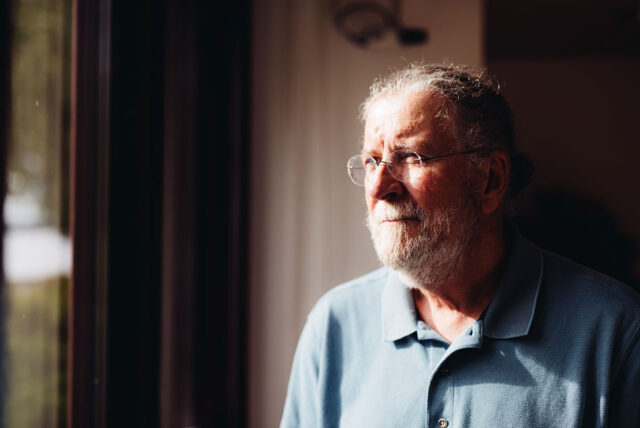Adult Education and Media Literacy
What is (digital) media literacy? Whose responsibility should it be that adults are media literate?

Who should start educating badly-behaving adults?
The media literacy skills of school children are a hot topic at the moment. However, the ones most in need for such skills seem to be we adults, who are even more lost in the digital era. The question is, who will take responsibility to fix the problem? The text is an editorial written for issue 3/2018 on Adult Education and Media Literacy.

The fight against disease mongering
Misleading health stories can have horrid effects on people’s lives. The responsibility of media literacy and critical thinking rests on the shoulders of both the makers and readers of health journalism. Patients should learn to ask stupid questions and use review criteria to determine the credibility of health news.

Escape into Virtual Worlds
The increasing occurrence of internet-related addictions must not be addressed in medicine alone but should be discussed broadly in society and politics – and in the educational sector. The text is an essay written for issue 3/2018 on Adult Education and Media Literacy.

We are surrounded by media content – but are we critical enough?
Media literacy is the all-important citizen skill of the 21st century, but in Finland, adults in particular are falling behind.

The deepening gap in digital media literacy
In the era of misinformation, digital literacy skills are needed more than ever before. Most countries around the world have adopted media literacy education at various levels. However, despite the urgent need, many developing economies are lagging behind.

Fake News plagues India’s WhatsApp users
Due to rapid technology advancement in India, digital literacy has had too little time to develop. Now both the government and social media platforms have woken up to the massive problem of fake news.

The right to have a voice
In Austria, community media has had a significant role in teaching adults critical media literacy. The inspiring case brings front a conclusion: while it is important to reflect on media reception, adult educators should not forget the dimension of active media production.

Towards platform literacy
By giving everyone a voice on the net we assumed that people would use this new power wisely, but we greatly underestimated our potential for hate and manipulation, writes e-learning specialist, Alastair Creelman. The text is a column written for issue 3/2018 on Adult Education and Media Literacy.

What’s up in digital media literacy education?
To find out how we are doing in the field of digital media literacy, we conducted a small comparison between three European countries. The reported experiences are different – but also the same. Here’s what the Danish, German and Portuguese adult education experts said.




